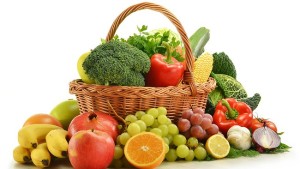Chronic kidney disease (CKD), is also known as chronic renal disease, is a progressive loss of kidney function over a period of months or years. The symptoms of worsening kidney function are not specific, and might include a feeling generally unwell and experiencing the reduced appetite.
Diet is a critical component in the management of the chronic kidney disease (CKD), and different dietary regimens have been proposed over the years. Protein restriction seems especially beneficial, leading to a reduced sodium intake and better blood pressure control, among other effects. Some studies indicate that the adding ketoanalogues, which are nitrogen-free analogues of essential amino acids, can also have a favorable effects. In the human body, ketoanalogues capture nitrogen and convert it into the amino acids, which are the building blocks of proteins.
As kidney disease progresses, nutritional needs a change as well. If you have reduced kidney function, your doctor may recommend you to change your diet to protect your kidneys.
You can prevent health problems from chronic kidney disease (CKD) by eating right foods and avoiding foods high in phosphorus, potassium, and sodium. Eating too much protein can also burden the kidneys and speed the progression of the CKD. Protein foods like meat and dairy products break down into the nitrogen and creatinine, waste products healthy kidneys remove from the blood. But diseased kidneys can’t stop the waste products from building up in blood and causing health problems.
These data warrant future clinical trials to test the effect of a moderate reduction in dietary sodium and potassium intake on CKD progression in patients with high dietary sodium or potassium intake.
With reduced kidney function, you may need to start the paying attention to protein, phosphorus, sodium, and potassium content of foods you eat. Learning about your food will help you to understand what changes you need to make.

